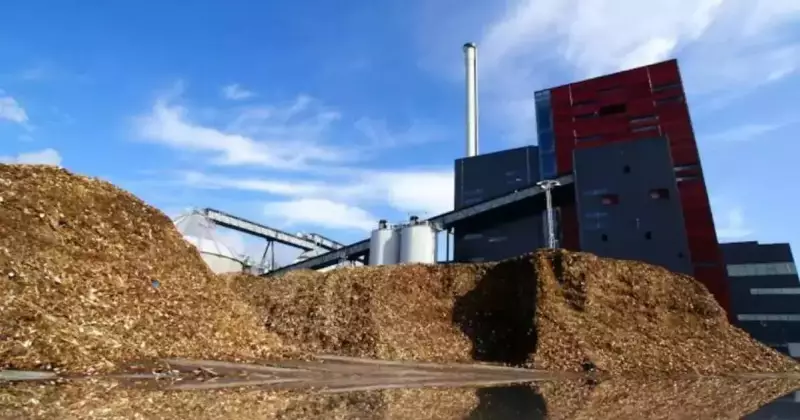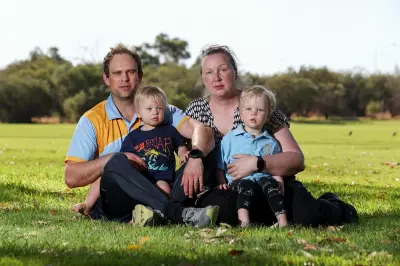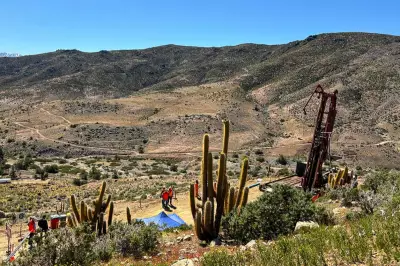
Legal Challenge Launched Over Biomass Plant Rejection
The company behind a controversial proposal to revive the Redbank power station as a biomass facility has initiated legal proceedings against the state's top planning authority. Verdant Earth Technologies has filed an application with the Land and Environment Court seeking to overturn the Independent Planning Commission's September decision that rejected their ambitious energy project.
The proposed development would have seen the 151-megawatt plant at Warkworth recommissioned to burn biomass instead of coal. This legal move sets the stage for a significant courtroom battle over the future of renewable energy projects in regional New South Wales.
Project Details and Environmental Concerns
Under Verdant's proposal, the plant would consume approximately 700,000 dry tonnes of biomass annually to generate 151 megawatts of dispatchable energy. The company had outlined a five-year transition plan that would begin with biomass sourced mainly from invasive native species and other waste fuels, eventually shifting toward purpose-grown plantation crops for 70% of its fuel requirements.
The IPC's rejection highlighted concerns about the environmental impact of large-scale clearing of invasive native species. "The commission cannot accept, without thorough assessment, that the large-scale additional actual clearing required by the project will have no flow-on environmental impacts," the ruling stated.
Local residents had expressed strong reservations during public hearings, fearing the conversion would reintroduce air quality issues to the Hunter region. Conservation groups echoed these concerns, warning about potential pressure on native vegetation despite Verdant's assurances that it would not source material from native forests.
Company's Position and Future Prospects
Verdant chief executive Richard Poole maintains that the company was not given adequate opportunity to address the IPC's concerns. "They said we hadn't given them enough information about the fuel strategy and how it works, but there's nothing there we can't answer," Poole stated.
The company's legal argument centers on positioning biomass as a valuable management tool for landholders in western NSW. Poole argues that transporting this material for controlled combustion at Redbank represents a more efficient and environmentally sound approach than burning it at source locations.
One producer alone has reportedly offered to supply sufficient invasive native species to meet most of the plant's annual requirements, according to company statements. Poole emphasized that failing to utilize available biomass from weed species constitutes wasted potential, describing current practices of burning waste in paddocks as "unnecessarily extravagant."
The Nature Conservation Council remains skeptical, asserting that expanding wood-burning for electricity conflicts with climate objectives and threatens additional strain on ecosystems. The court is expected to hear Verdant's appeal in the coming months, with the outcome likely to influence future biomass energy projects across Australia.





